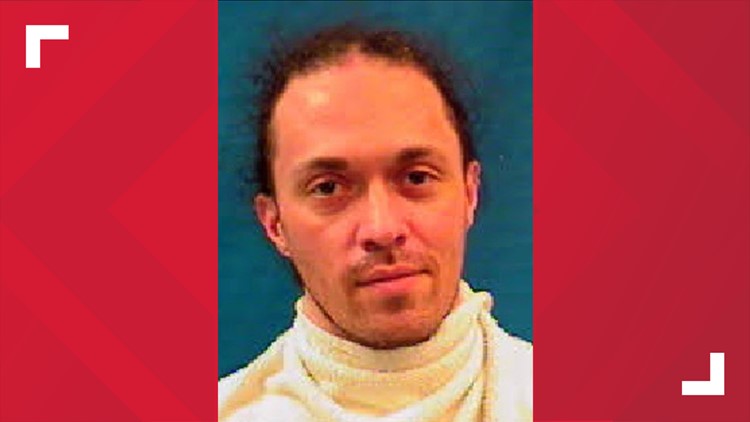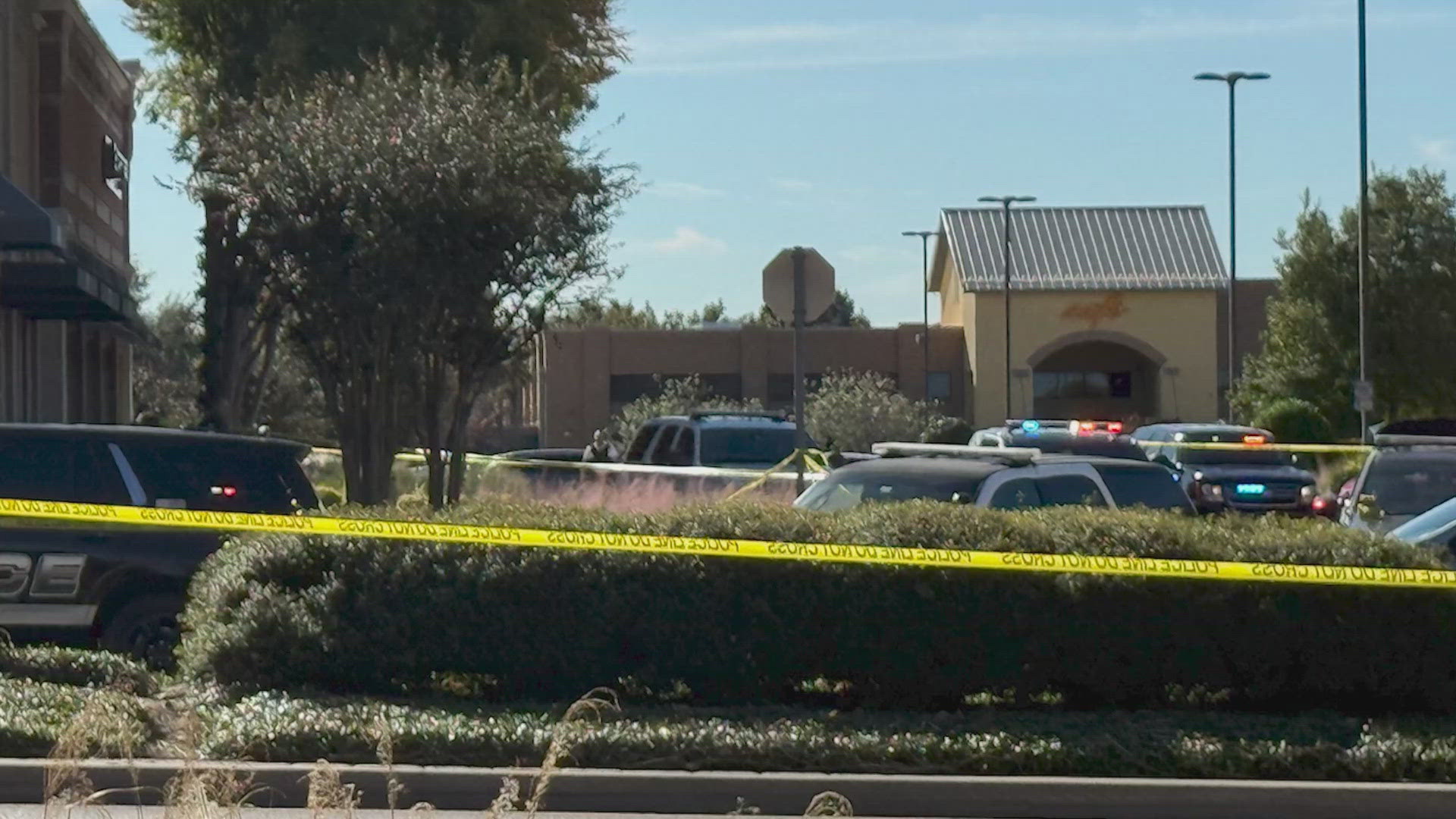DALLAS — Just moments after what was scheduled to be the fifth and final witness trial, a psychologist who works with sex traffickers and victims, Daniel Settle’s attorney announced to the court that Settle wanted to testify. The defense had previously stated that it would not call any witnesses, and just moments before the announcement, the prosecution had rested its case.
Settle, who is on trial for one charge of Sex Trafficking and one charge for Obstruction of an Official Proceeding, had listened to nearly two days worth of evidence and testimony from a number of witnesses, including the alleged victim in the case. He was warned by the judge and by his attorney that if he took the stand, he would be cross-examined by the prosecution which could have a negative impact on his case. He was also told that he did not have to testify and that not testifying would not be perceived negatively by jurors.
When he took the stand, he was asked why he wanted to testify.
“I think if you’re accused of something and you’re innocent of what you’re being accused of, you have to speak on that,” Settle said.
Settle told the court how he met the alleged victim. While the specific details of their interactions differ slightly, Settle’s account of meeting the woman in Downtown Dallas being initiated by a mutual attraction matched her testimony on Thursday.
Settle admitted to talking to the woman about engaging in commercial sex during one of their initial encounters and confirmed that he took her to the motel where he was staying at the time, where they had consensual sex.
During his testimony, Settle said he was out on parole for a case involving child support payments in Kentucky and that he was rebuilding himself financially.
He denied the alleged victim’s claims that he physically assaulted her in the motel room he brought her back to and said the other woman who was in the room spoke to her about working as a prostitute during a conversation that he said he was not a part of.
Settle used his testimony to emphasize that he did not force women to engage in commercial sex.
“In the lifestyle of prostitution, it’s supposed to be choice and not force,” he said.
He also said the alleged victim was “not the same person” on the stand as the person he knew her to be in “real life”.
However, there were two main spots of discrepancies between Settle’s testimony to the court and the recordings of him speaking with law enforcement that were presented as evidence.
First, Settle maintained that he was “never” physically violent with the alleged victim despite saying in his interview with law enforcement, which was played as evidence, that any time he “put his hands on her” it was because the industry is dangerous and he took the “role very seriously”. There were also messages from Settle to the victim that were presented as evidence in which he threatened to “whoop” her and where he said it would be “bad” if he had to come get her from somewhere, as opposed to her coming on her own.
When prosecution quoted Settles answers about his admission to physical violence against the victim, he denied them and appeared to be agitated while telling the prosecutor she could play the recording again.
Also, when the prosecuting attorney asked Settle about other women who worked for him, he initially said he was not going to “incriminate” himself and that was on trial for a case solely involving the alleged victim. When she read a list of names to Settle, including the names of women who had been referenced in earlier evidence and one woman who Settle had mentioned by name earlier in his own testimony, he asked who they were and said he did not know any of those women.
During his testimony, Settle also responded to a number of text messages with the alleged victim that had been presented earlier in the trial. He pointed out that in many of the messages, he was showing his desire to protect the alleged victim. He also said that many messages in which he was coordinating ride services for the woman show that he was not nearby when she was performing commercial sex acts, which he said shows that she could have left at any time and gone anywhere she wanted to.
After his testimony, both the prosecution and the defense rested and the court took a break for lunch. Then, closing arguments began, in which prosecutor Andrew Briggs said after Settle met the alleged victim at the West End DART station just after her 18th birthday, he “preyed” on her, using “romance” and “affection” to lure her into commercial sex work and keep her in it through beatings and threats. Calling it a “textbook” trafficker-victim relationship, he reminded jurors of the “hundreds” of recorded jail calls and texts Settle shared with the victim, attempting to keep her loyal to him and off the witness stand for the government.
Settle’s defense attorney, Russell Wilson, said the alleged victim in the case chose sex work, and was not coerced into anything. He urged jurors not to convict his client because they might not like him, or, because of any sympathy for the alleged victim. He said phone recordings and texts showed she willingly engaged in sex work. “A person who is forced and beaten doesn’t send those kinds of messages,” Wilson told jurors.
“You can hate her and disagree with the choices she made when she was a kid,” prosecutors Myria Boehm told jurors. The law doesn’t require the government prove the victim felt coerced and threatened the whole time, she noted. But the texts and statements that sound threatening mean Settle is guilty of trafficking and obstruction of an official proceeding.
“He benefitted from those women’s bodies,” Boehm said. “That is against the law.”
Ultimately, after about two and half hours of deliberations, the federal jury found Settle guilty of sex trafficking. He was found not guilty of obstruction.
Officials said Settle now faces anywhere from 15 years to life in prison when his sentencing trial begins on Feb. 26.



